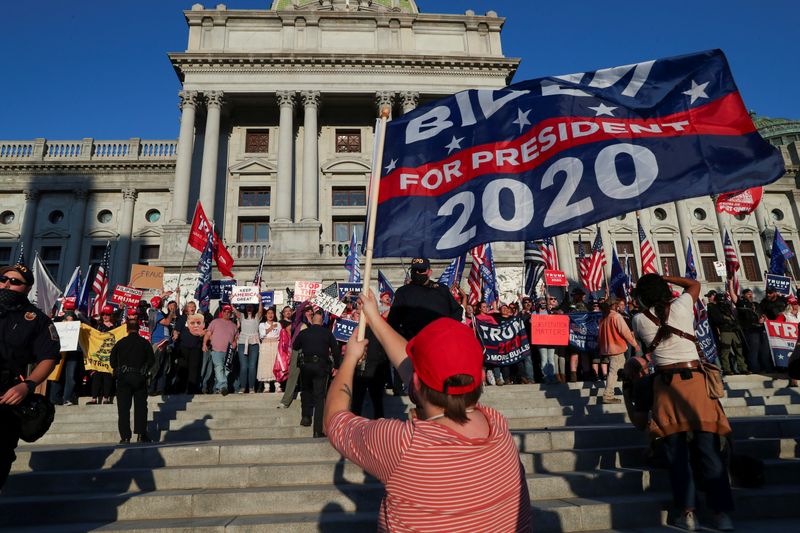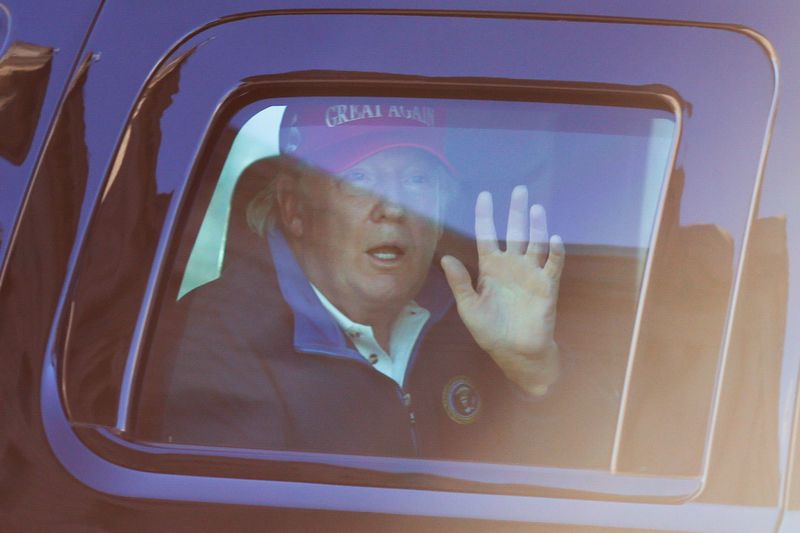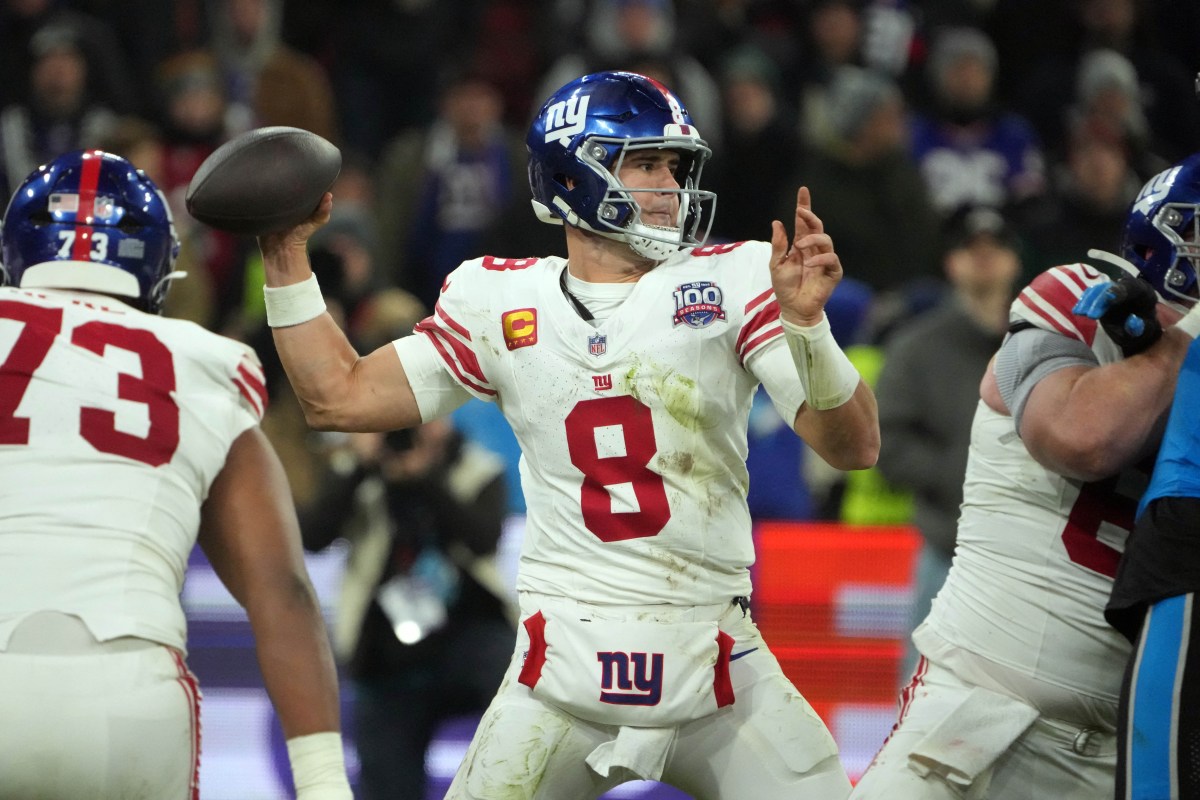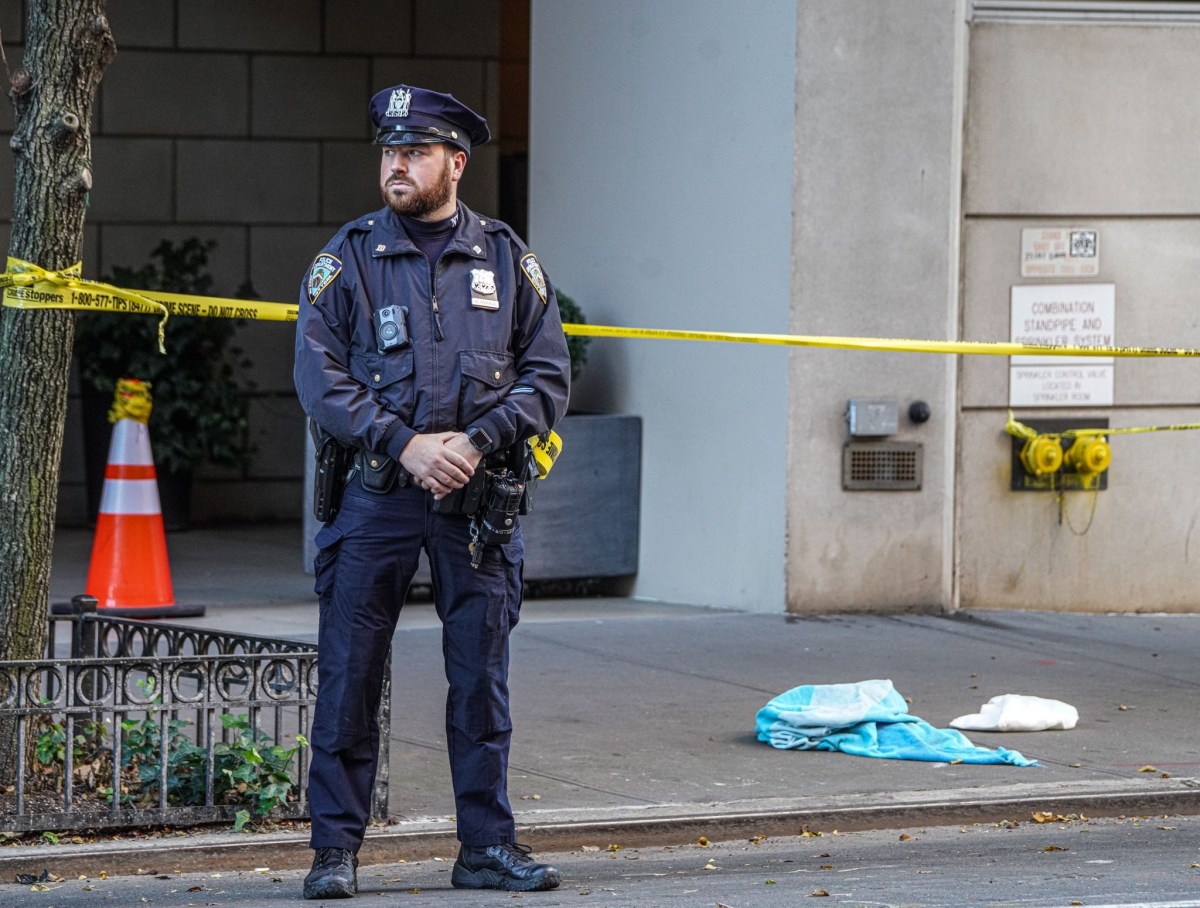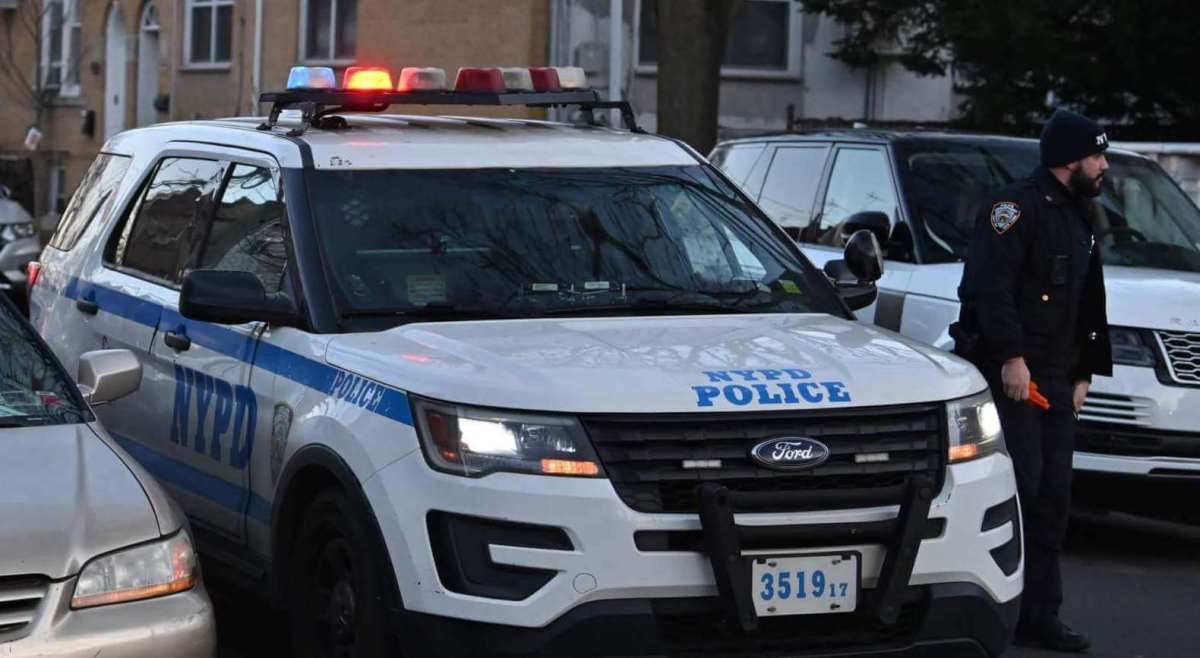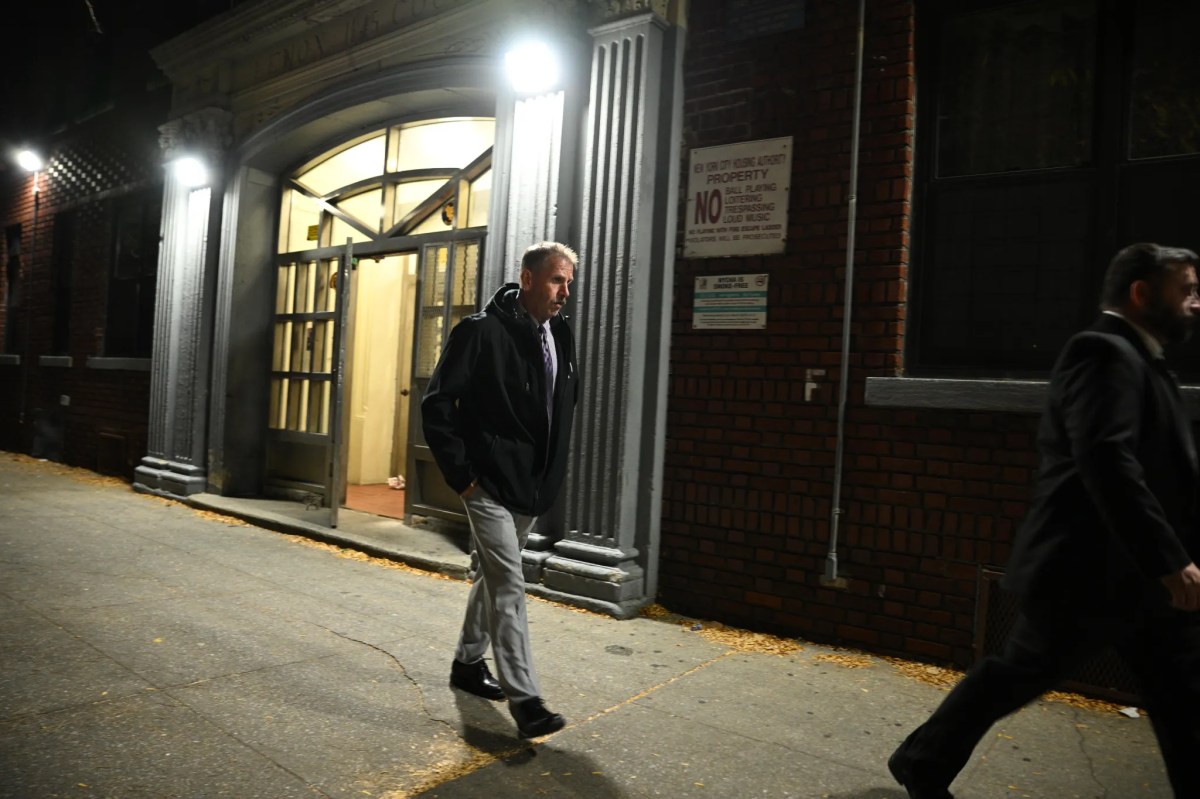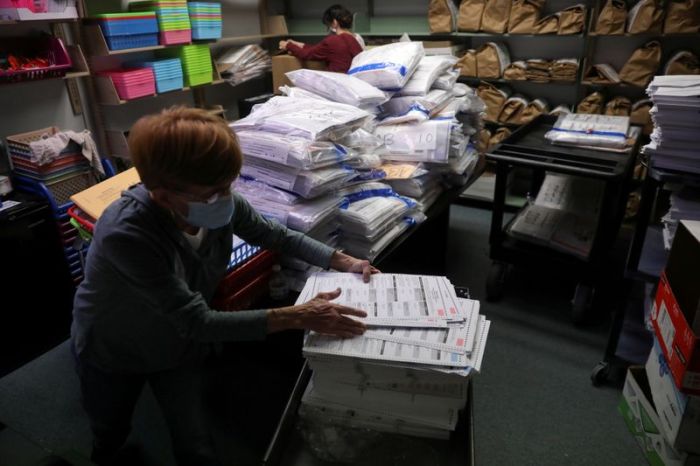(Reuters) – Three more lawyers representing President Donald Trump’s campaign have asked to withdraw from his lawsuit challenging the U.S. election results in Pennsylvania, shaking up his legal team on the eve of a major court hearing.
The lawyers – Linda Kerns, John Scott and Douglas Bryan Hughes – made the request in a court filing on Monday, adding that the campaign consented to their withdrawal.
In a brief order on Monday night, the judge hearing the case allowed Scott and Hughes to withdraw but not Kerns.
Harrisburg-based lawyer Marc Scaringi has joined the case and will be Trump’s lead counsel. Scaringi and the three attorneys who sought to withdraw did not immediately respond to requests for comment.
Scaringi on Monday asked the judge to postpone a hearing scheduled for Tuesday, saying he and a law partner “need additional time to adequately prepare.” The judge quickly denied the request.
Jenna Ellis, a legal adviser with the Trump campaign, said the change was routine.
“The president announced Saturday that he has asked Mayor Rudy Giuliani to lead the national legal team, along with local counsel. Our substitution of local counsel is consistent with routine managing of complex litigation,” Ellis said in a statement.
The filing did not give a reason for the change, which came days after a prominent regional law firm, Porter Wright Morris & Arthur, also withdrew from the case.
In a court filing on Thursday, lawyers at Porter Wright said it had agreed that its clients – the campaign and two registered voters – “will be best served if Porter Wright withdraws.”
Kerns said in a recent court filing that she has faced a torrent of harassing emails and phone messages due to her work for the Trump campaign.
A federal judge in Williamsport will hear arguments on Tuesday in the Trump campaign’s lawsuit, filed on Nov. 9, which seeks to halt the state’s top election official from certifying Joe Biden, a Democrat, as the winner.
The Trump campaign is filing lawsuits that are “borderline frivolous” and will not change the election’s outcome even if successful, said Bruce Green, a professor of legal ethics at Fordham Law School.
“It’s doomed to fail anyway. So, does it really make a difference if another lawyer comes in? I think in most people’s view, these cases are not being filed with any expectation that they’ll prevail,” Green said.
(Reporting by Jan Wolfe and David Thomas; Editing by Cynthia Osterman and Christopher Cushing)

